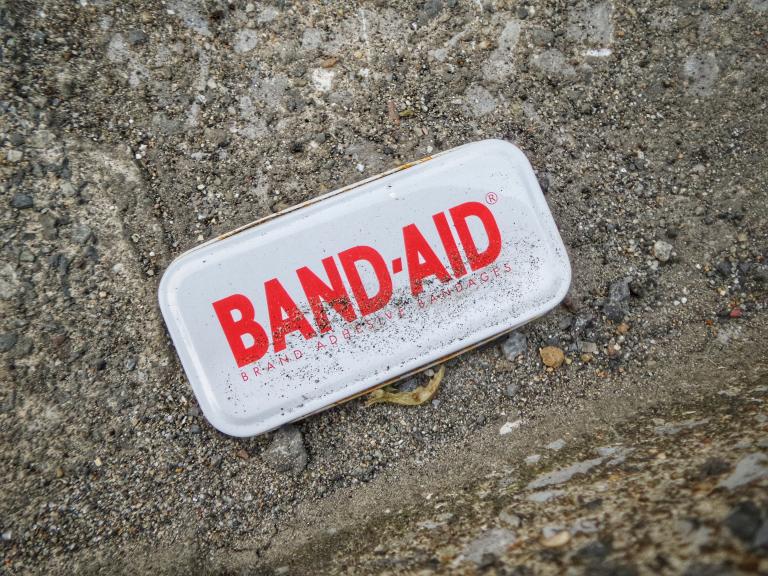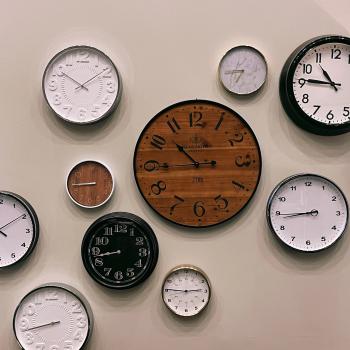If you’re anything like me, you often leave a conflict and wonder if you are better or worse off than when it began. Indeed, one of the reasons we avoid conflict is because we are sure it will make things worse. And it often does. It can make things better too. Much better.
But how can you tell the difference? How can you tell if conflict exacerbated or solved the problem?
The answers are not as straightforward as we’d like to think. Sometimes we feel worse even if the relationship is better off. Sometimes we feel great even if the conflict was unhealthy and the relationship is in bad shape. We are so good at telling ourselves the stories we want to hear. Assessing healthy (and unhealthy) conflict can therefore be difficult. Here are a couple things to look out for.
Band-Aids

Be weary of Band-Aids. Conflict, after all, is a good thing. An incredibly helpful, valuable, and necessary part of relationships. But it does hurt. And our first reaction to pain is always to cover it up.
A lot of times we walk away from conflict feeling great about ourselves because we got the last insult in or because the other person relented to our position. Perversely, we sometimes just feel better forcing someone else to hurt as much as we do.
These are all Band-Aids. We cover up the pain with more pain or with superficial distractions. Or by ignoring it altogether.
The best measurement for this is unity. Are you closer to the There for your relationship after the conflict? Even if it still hurts and emotions are still high, is there clarity? Not just the raw clarity of honest emotions, but the true clarity of unified vision.
Hurt to Heal
In the same vein, it is important to understand that the back end of conflict is about peace more than joy. Sometimes it is a resigned peace. If you’re getting glee from your conflict, you probably aren’t doing it well. The aim of conflict should be peace, the kind of peace that only comes when truth is laid bare.

Most of us struggle to be honest with ourselves. But we also know, deep down, when there is a lack of peace. We know when we’ve made things worse for our own benefit. We know when we are acting like a child and putting ourselves in the victim circle.
If you don’t sense peace after conflict, your conflict is likely going to repeat itself. Conflict is not about feeling better. It is about discovering truth.
Perhaps the best measure for conflict is asking yourself if the relationship is more true than it was before? Truth is complicated and includes a lot of different factors. But it, rather than emotion, is the true measure for the health of our relationships and the effectiveness of conflict resolution.












